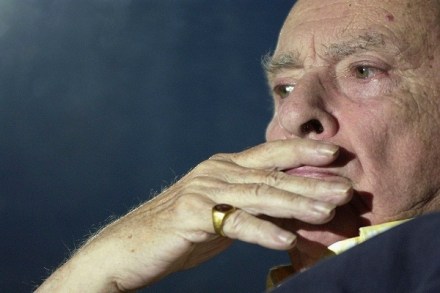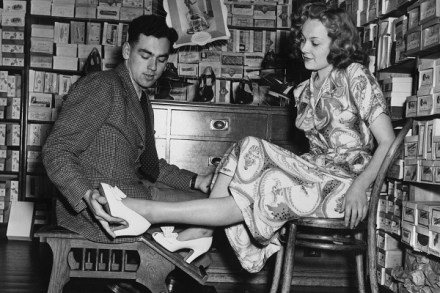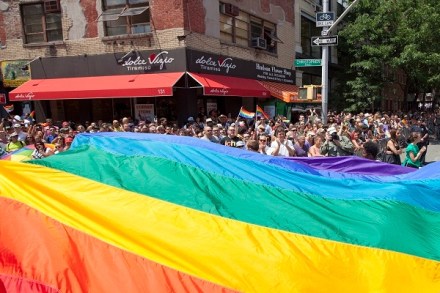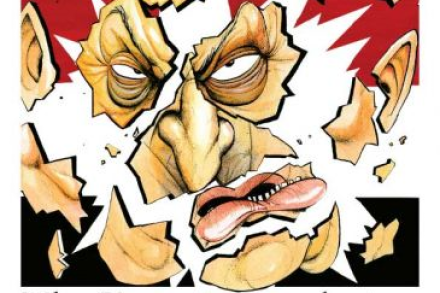What comes after Fifty Shades?
After the record-breaking success of the Fifty Shades trilogy, publishers are desperately trying to answer the multi-million dollar question, what comes next? What will all those millions of readers who have raced through Fifty Shades want to read now? With a depressing lack of imagination, many publishers seem to have landed on the answer of more erotica. Each week, more and more shiny paperbacks with suggestive covers, claiming they are ‘the next Fifty Shades’, arrive in the bookshop where I work. If this is the future of reading, then it is bleak indeed. To be fair to publishers, sometimes following a successful book with more of the same can work


















